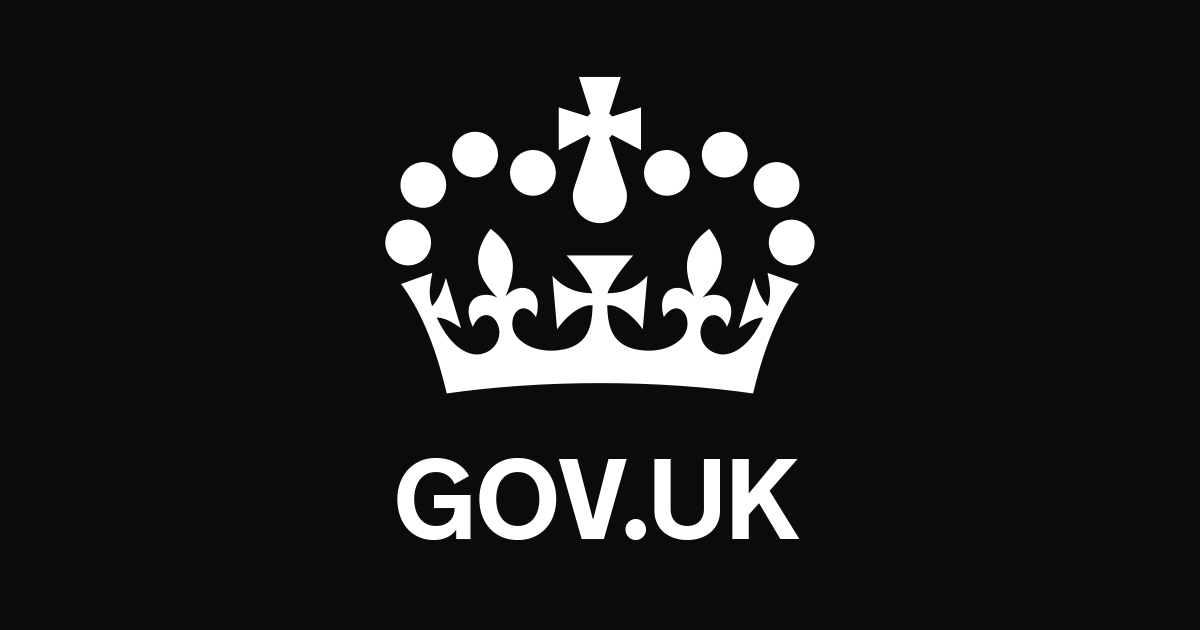
The FCDO advises against all but essential travel to:
- the whole of Madagascar based on the current assessment of COVID-19 risks.
Travel to Madagascar is subject to entry restrictions
- Madagascar has suspended almost all international flights until further notice
- Madagascar’s Civil Aviation Authority has imposed restrictions on travel to Madagascar from a number of countries based on COVID-19 risk, including the UK. If you’re planning to travel to Madagascar you should contact your tour operator or airline for further advice
- Cruise ships are not currently permitted to berth in Madagascar’s ports.
See Entry requirements for more information before you plan to travel.
Preparing for your return journey to the UK
If you’re returning to the UK from overseas, you will need to:
Check our advice on foreign travel during the coronavirus (COVID-19) pandemic and sign up for email alerts for this travel advice.
If you’re planning travel to Madagascar, find out what you need to know about coronavirus there in the Coronavirus section.
During the COVID-19 pandemic, it is more important than ever to get travel insurance and check it provides sufficient cover. See the FCDO’s guidance on foreign travel insurance.
The British Embassy in Antananarivo is not currently open to the public, but we continue to carry out essential work including providing 24/7 consular assistance and support to British people in Madagascar. See (‘Coronavirus’ page).
Most visits to Madagascar are trouble-free. If possible, you should travel with established organisations or travel companies who know the terrain and have the capacity to warn of potential hazards. If hiring a guide in country, the National Tourism Office advises visitors to use the services of members of the Professional Tour Operators Association PTO.
You will need a visa to enter Madagascar. You can get a tourist visa on arrival at the airport or an e-visa online before you travel. This process may vary given current coronavirus entry restrictions. See Visas
President Rajoelina was inaugurated on 19 January 2019 following two rounds of elections. Whilst violence during the elections was low, political demonstrations and other protests may still occur. Due to the possibility of violence at these events, you should avoid all protests and demonstrations, including those taking place in the area around Independence Square (“La Place du 13 mai”) and the Town Hall in Antananarivo. See Political situation
Take great care and follow local advice in the south-east of the country. In the southern triangle between Ihosy, Toliara/Tuléar and Fort-Dauphin the security situation remains tense and the roads are in very poor condition. If travelling in the area you’re advised to use a recognised tour operator and to avoid travelling at night. You’re advised not to travel by taxi-brousse (bush taxi). Avoid overnight stays in the countryside. See Local travel – Southern Madagascar
Seek local advice and guidance before visiting beaches. You should remain vigilant when visiting beaches to the South and North of Toliara (Tuléar) as there have been attacks and robberies. Avoid visiting isolated and remote beaches, especially alone.
The cyclone season in Madagascar normally runs from November to April. Coastal areas are particularly affected, and remote areas throughout the country can become inaccessible and suffer damage and contamination to water supplies. Tropical Storm Eloise is forecast to bring heavy rains to the north east of the country from Tuesday 19 January 2021. You should monitor the progress of approaching storms on the METEO Madagascar website and follow alerts and instructions from the local authorities. See Natural disasters
You should avoid travelling at night on Route Nationales (RNs) particularly RN 13 between Ambovombe and Ihosy and on the RN 10 between Betioky and Andranovory (the western route to Toliara/Tuléar). There have been several attacks on vehicles. If you’re planning to travel to Fort Dauphin you should travel by air instead of via the RN 13. See Crime and Local travel
Crime, particularly robbery and theft is widespread in Madagascar. See Crime
Maintain a low profile while moving around the country. You’re advised to use a recognised tour operator. You should monitor the local media closely for the duration of your visit. See Local travel
Terrorist attacks in Madagascar can’t be ruled out. See Terrorism
Piracy remains a significant threat in the Gulf of Aden and Indian Ocean, and has occurred more than 1,000 nautical miles from the Somali coast. See River and sea travel
If you’re abroad and you need emergency help from the UK government, contact the nearest British embassy, consulate or high commission. Consular support may be limited in parts of Madagascar.